09 Jan Canadians Paying for Obamacare?
When the United States passed the new Health Care Act, commonly known as Obamacare, Canadians and many others around the world rejoiced at seeing the USA begin to implement policies similar to what they are used to. However, the devil is in the details and the many Americans in Canada are not quite as thrilled as they discover they are expected to partially fund this, whether they are able to benefit from it or not.
There are 2 components to the Obamacare taxes:
1) Medicare payroll tax increase on earned income
2) Unearned Income Medicare Contribution Tax
1) Medicare payroll tax increase on earned income:
Currently, the Medicare tax is 2.9%. It is imposed on wages, salaries, business and farming income. This tax is paid 50% by the employee and 50% by the employer. Self employed individuals pay both components directly. This tax is part of the social security deductions taken directly from an individual’s salary. The new tax is to be .9% on earned income above $200,000 for single individuals, $250,000 for joint filers or $125,000 for those married filing separately. This .9% is in addition to the 2.9% currently charged.
WHAT is the IMPACT of THIS on AMERICANS in CANADA ?
The good news regarding this tax is that it will have a minimal impact on Americans living in Canada. This is because the medicare tax is considered a payroll deduction and those are covered in a separate totalization agreement between the USA and Canada. For those working in Canada, this tax can be avoided by ensuring that they are properly paying and reporting CPP/QPP, EI and any other required payroll deductions. Once these taxes are paid, individuals will not be required to pay US deductions as well.
2) Unearned Income Medicare Contribution Tax
This is a new tax of 3.8% on the investment income. This tax is imposed on the investment income component of Modified Adjusted Gross Income (MAGI) at the following levels. The levels are as follows: $200,000 for single individuals, $250,000 for joint filers or $125,000 for those married filing separately. MAGI is composed of investment income, (interest, dividends), earned income, (wages, commissions), or withdrawals from a qualified retirement plan. Earned income that was excluded in the foreign earned income exclusion is to be added back in calculating MAGI. The tax is imposed on the lesser of investment income, or MAGI above the threshold. To demonstrate how this will play out, see the following examples. For simplicity sake, these examples will be used for single people only.
A) Jim has MAGI of $250,000. This is composed of $175,000 in wages and $75,000 in investment income. His MAGI is 50,000 above the threshold. Jim will owe the new 3.8% tax on the 50,000 because it is the lesser of investment income or income above the threshold.
B) Jill has MAGI of $300,000. This is composed of $225,000 in wages and $75,000 in investment income. His MAGI is $100,000 above the threshold. Jim will owe the new 3.8% tax on the $75,000 as it is the lesser of investment income or income above the threshold.
WHAT is the IMPACT of THIS on AMERICANS in CANADA ?
This tax can impact Americans living in Canada; those married to Canadians are most vulnerable. This is due to the reduced MAGI limit of $125,000 for those who are married and file separately. For those who have income in or around the threshold, proper planning is necessary.
If you or anyone you know are an American citizen living in Canada and are concerned as to how these new taxes may impact you or your family, please make an appointment with our US tax advisors today. Don’t let these new taxes catch you off guard.

Sorry, the comment form is closed at this time.